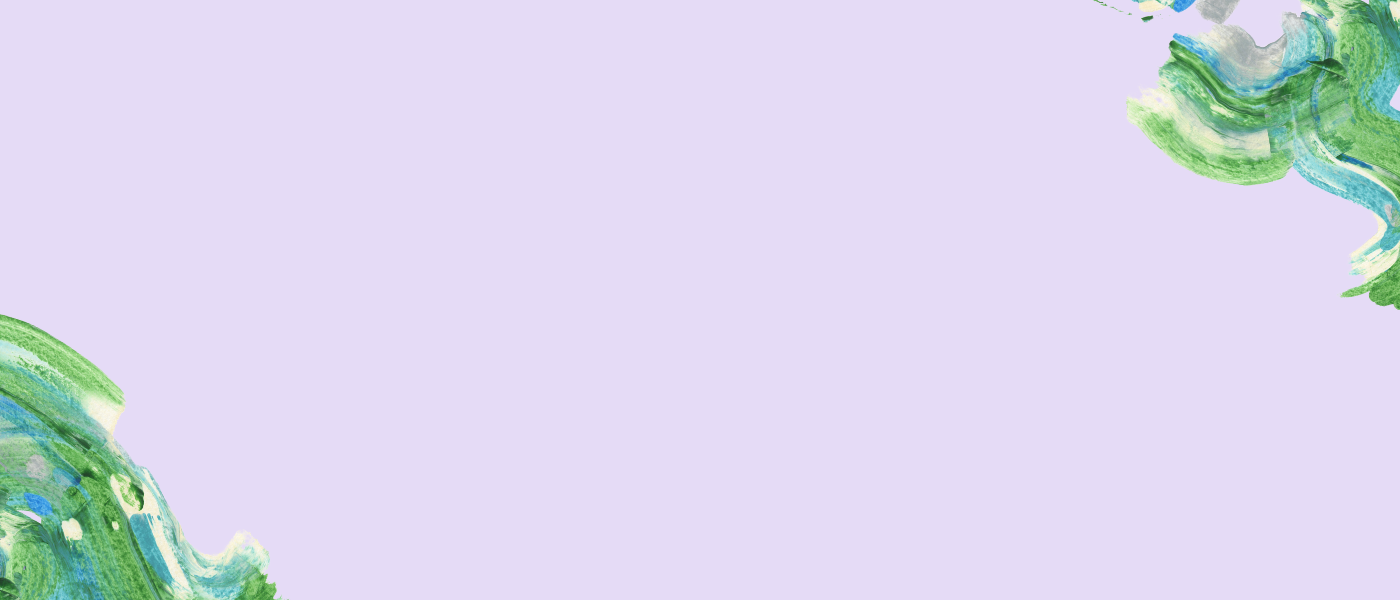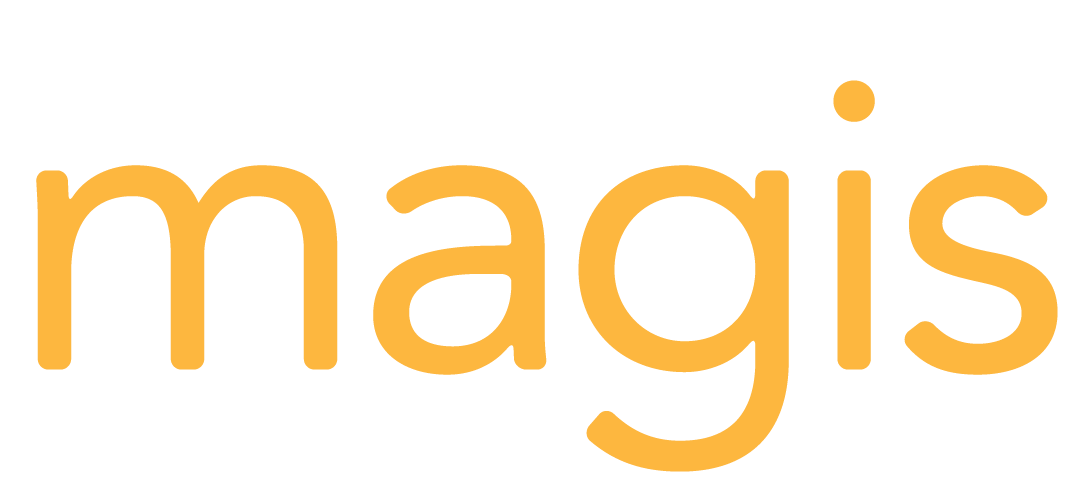

This 10-month program is designed to offer you skills, experiential learning, mentoring, and theoretical foundations for a responsible practice as an expressive arts facilitator.
It introduces you to the basics of the expressive arts as a field of professional practice, particularly for work in service of others and of community. The courses, running monthly from July 2025 to May 2026, are grounded in the professional practices of the expressive arts, psychotherapy and creative arts therapies, phenomenology, and Sikolohiyang Pilipino (Filipino psychology).
Joining this program starts your journey of becoming an expressive arts facilitator, and makes you part of a community with a continually evolving practice of the expressive arts, designed to strengthen the impact of community-based initiatives and strategies for wellbeing in the Philippines through group psychosocial support.
-
Duration: July 2025 – May 2026
Application & Interview Period: Feb–Jun 2025
Application Results out on June 20, 2025
Program Fees:
Php 115,000
Installment plans available

2025
Orientation
Pagsalubong Rituals and Attuning to Community
Expressive Arts Foundations in Psychosocial Support
Visual and Tactile Art for Expressive Arts
Drama-focused Expressive Arts
2026
Dance/Movement-focused Expressive Arts
Music-focused Expressive Arts
Program Design and Facilitation
Practicum Period
Spatial Narratives and Visual Communication
Capstone Project
Closing Rituals
There’s a large sign awaiting you at MAGIS Creative Spaces. It’s a quote by Henri Matisse, and it says, “Creativity takes courage.”
Take the first step, and register.

Full details soon!

“TAHI provided a judgement free safe space for me to play, discover, and creatively experiment, all the while learning the magic of ‘all art is good art.’” —Ross, Batch 1
“I got the chance to enhance my skills and professional capabilities and deepen my understanding of how expressive arts can be a powerful tool for healing and development.”—Mayi, Batch 1
“TAHI was my greatest leap of faith, and the farthest I've journeyed into myself in relation to the world.” —Belle, Batch 1

Frequently Asked Questions
-
Most classes within the program are scheduled over the weekend and may have face-to-face sessions. If you are not based in Manila, you may have to make special arrangements in order to attend the face-to-face portions of the program. We can provide you with a list of options for accommodations if you request this.
-
Because each cohort has a limit, this may be permitted upon deliberation by the faculty and depending on the reasons for the delay.
-
Yes, this entire program counts as a substitute for Module K, Intermodal Expressive Arts in the European Graduate School’s MA in Expressive Arts Therapy. The program’s 100 total contact hours and 300 total self-study hours equals 16 ECTS (7 US Credits).
-
No, but you may incorporate the use of the expressive arts within your current practice. In order to practice as an expressive arts therapist, further studies are required. The European Graduate school with whom TAHI is affiliated offers an MA in Expressive Arts Therapy program. More details can be found at this link.
-
Every course in the program line-up is intertwined with the rest of courses, and have been designed to hone a responsible, reverent practice of the expressive arts. If you’d like to have a more bite-sized experience of the expressive arts, keep an eye out for our Amihan Workshops.
-
You may call yourself an expressive arts facilitator after finishing the program. While you are currently on the program, your title will be expressive arts facilitator-in-training.
-
Yes, there are many opportunities to deepen and expand your expressive arts practice if you become part of our pool of providers! Students may apply to become part of the team after they have finished the program. Acceptance of your applications will be dependent on our current available projects that suit your profile. We would hope to work all of you and remain connected with the entire community of practitioners.

If you have more questions…
We’d love to answer it. The expressive arts does evoke curiosity and wonder! Please fill in the form with your complete details, and we’ll do our best to respond to your inquiry.









